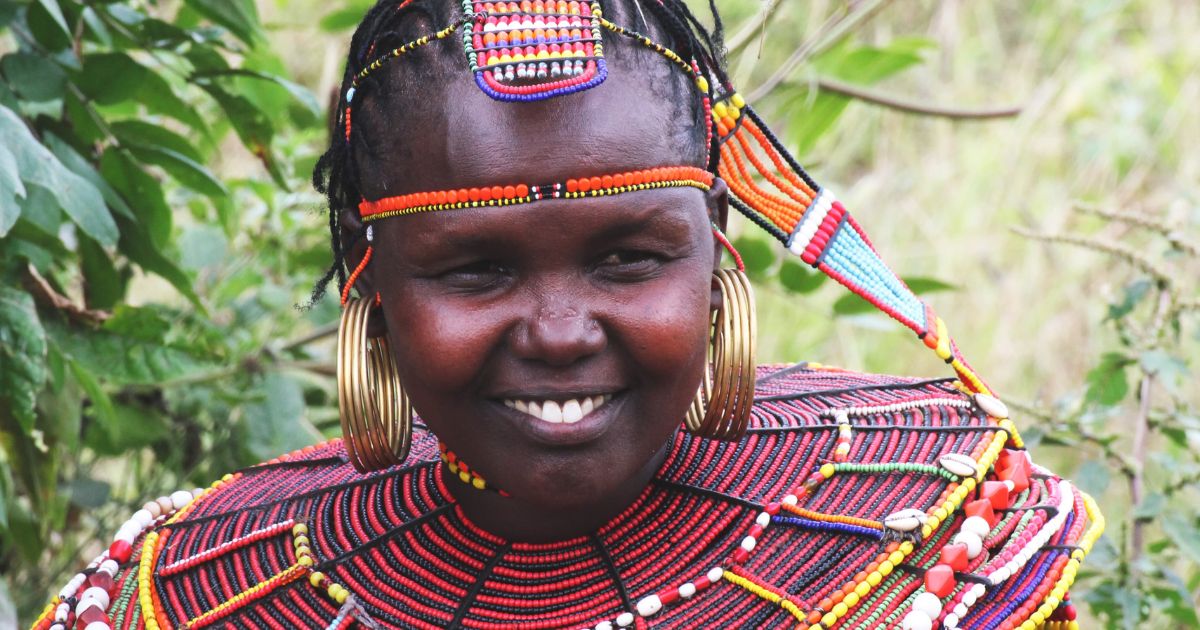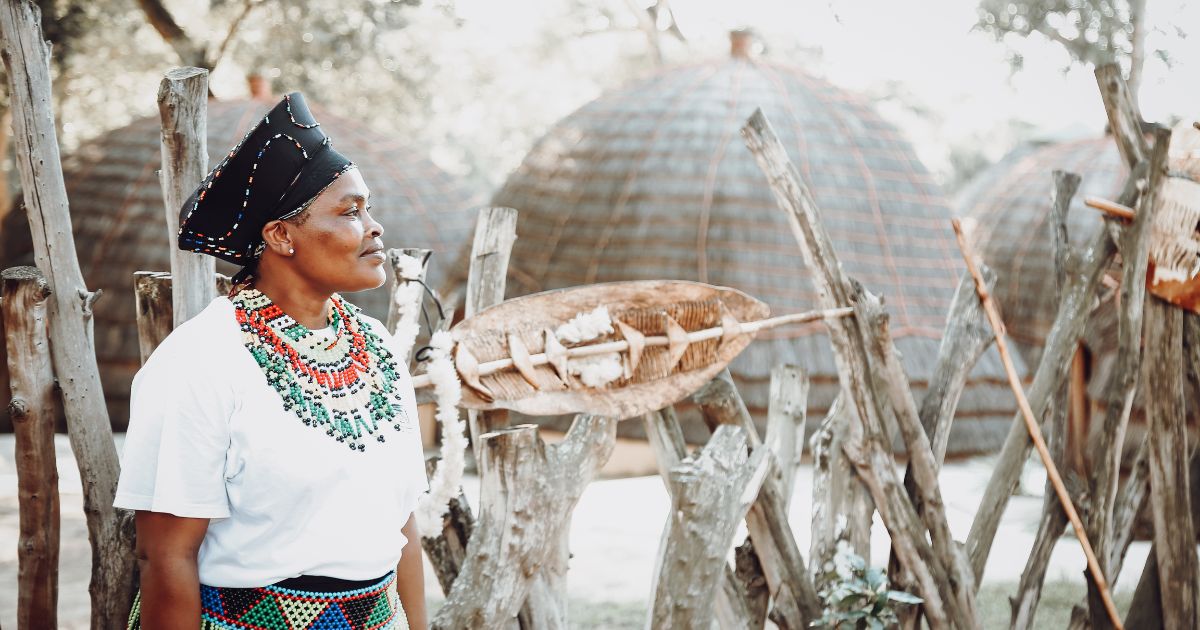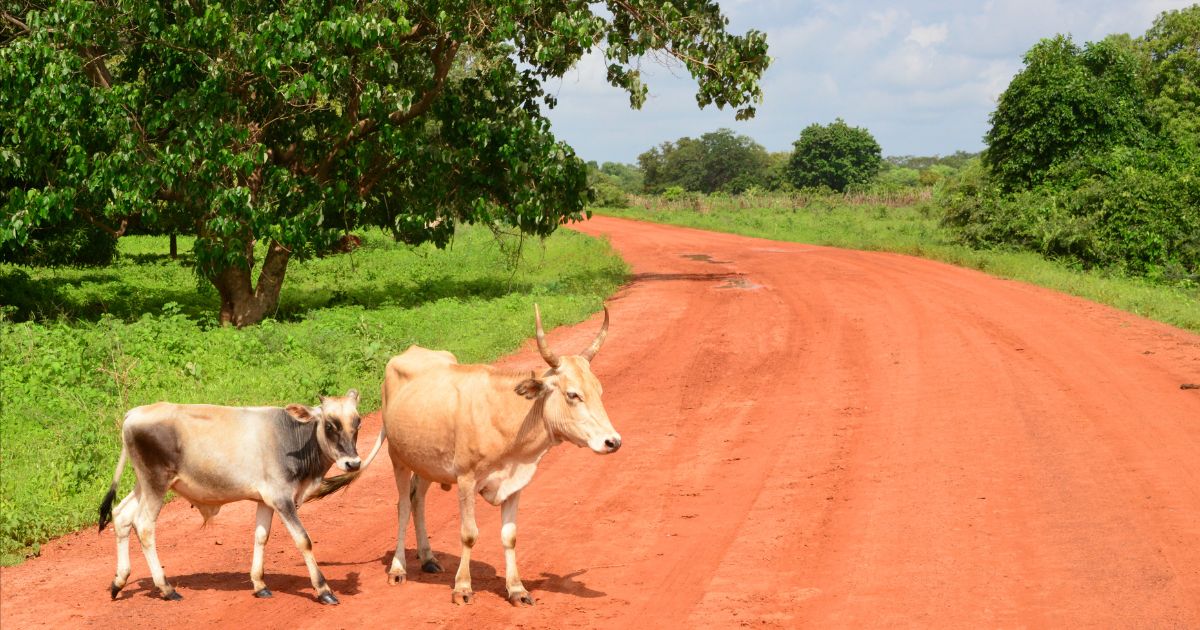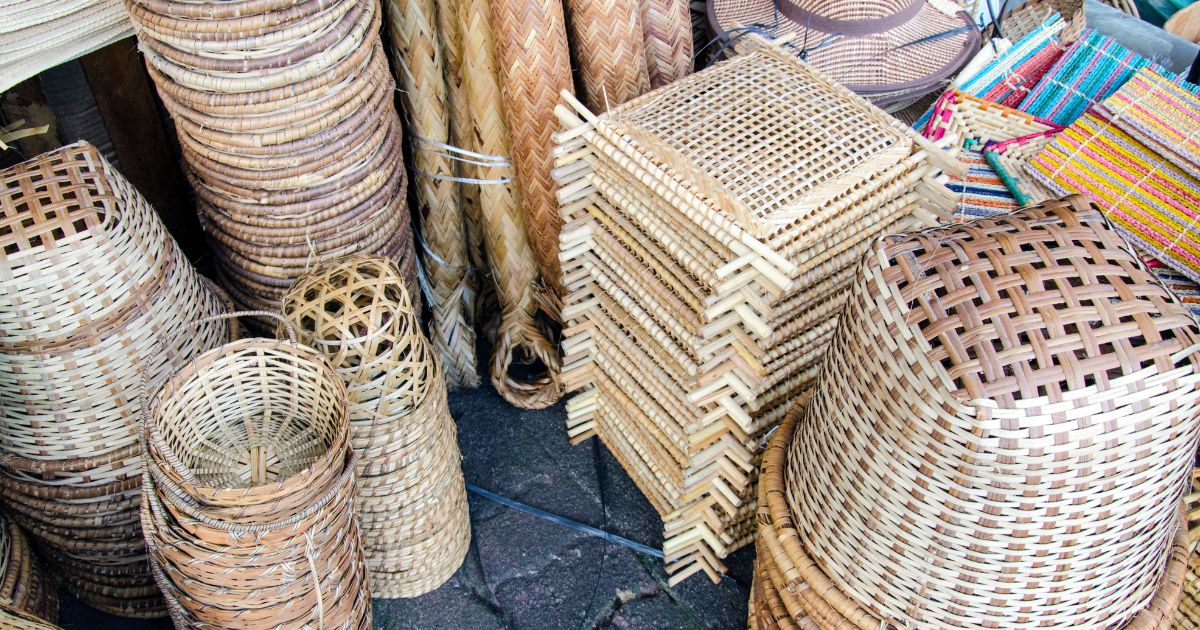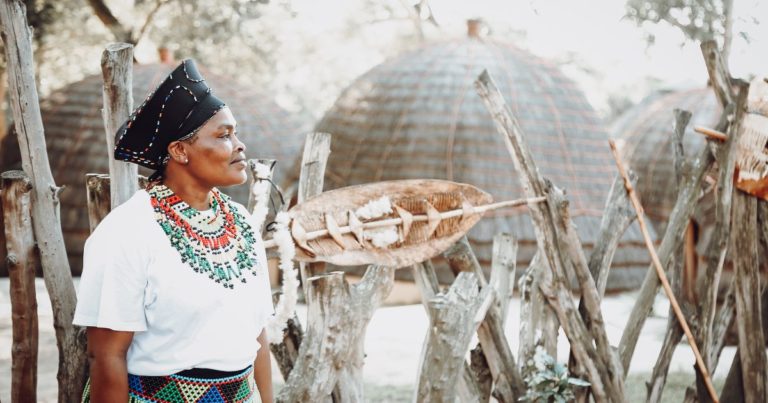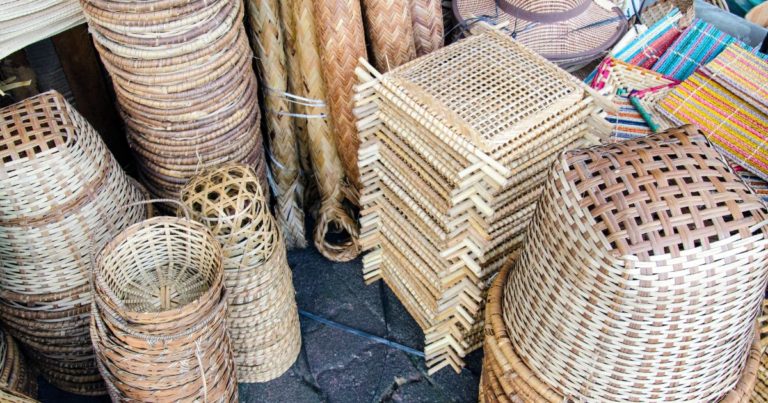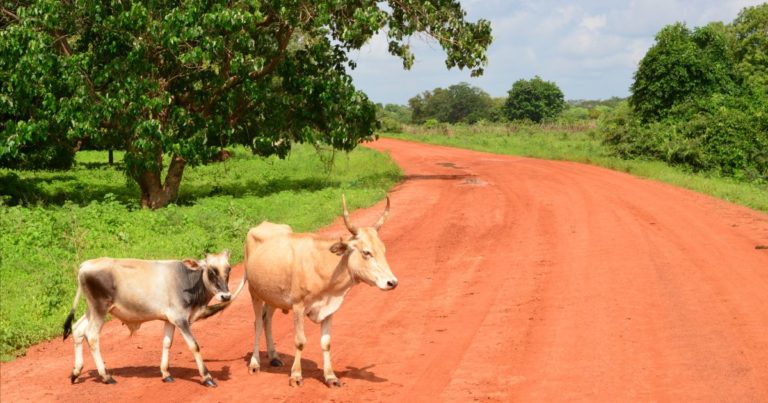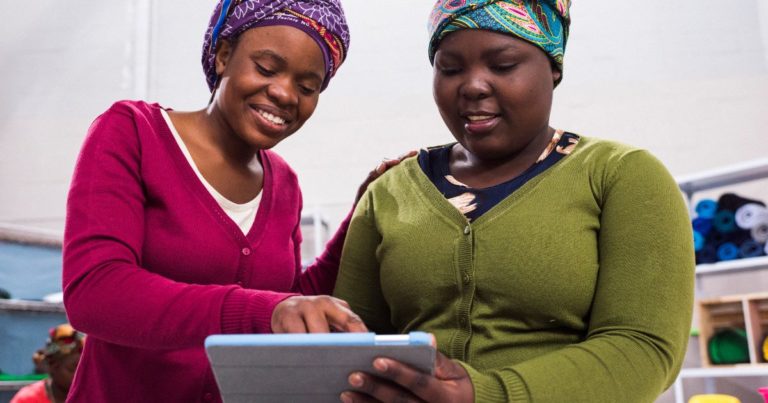Preserving Traditional Knowledge in the SADC
Indigenous and local communities in the Southern African Development Community (SADC) have a wealth of traditional knowledge that has been passed down through generations. This knowledge includes medicinal practices, agricultural methods, and cultural practices that are essential to their identity and way of life. Preserving this traditional knowledge is critical for ensuring the continued cultural and ecological sustainability of the region.
Table of Contents
The Importance of Traditional Knowledge
Traditional knowledge is an important source of innovation and adaptation, and can offer valuable insights into sustainable development and natural resource management. For example, traditional medicinal practices have been shown to be effective in treating a wide range of health conditions, and traditional agricultural methods can be used to promote soil fertility and biodiversity.
In addition, traditional knowledge is closely tied to cultural identity and is an important aspect of indigenous and local communities’ cultural heritage. By preserving traditional knowledge, these communities can maintain their cultural traditions and pass them on to future generations.
Challenges in Preserving Traditional Knowledge
Despite the importance of traditional knowledge, there are significant challenges in preserving it. One of the biggest challenges is the loss of traditional knowledge due to factors such as globalization, urbanization, and climate change. This loss of knowledge can result in the loss of important cultural practices and can also have negative impacts on the environment and local communities’ livelihoods.
In addition, traditional knowledge is often undervalued and not recognized as a legitimate form of knowledge. This can result in the exploitation of traditional knowledge by outsiders, without proper compensation or recognition for indigenous and local communities.
Preserving Traditional Knowledge in the SADC
To preserve traditional knowledge in the SADC, there is a need for policies and programs that promote the recognition and protection of traditional knowledge. This can include legal and policy frameworks that recognize the value of traditional knowledge and ensure that it is protected from exploitation.
In addition, it is important to promote the documentation and sharing of traditional knowledge, and to ensure that it is passed on to future generations. This can include initiatives such as community-based mapping of traditional knowledge, the establishment of cultural centers and museums, and the use of digital technologies to preserve and share traditional knowledge.
Conclusion
Preserving traditional knowledge in the SADC is critical for maintaining cultural and ecological sustainability in the region. Traditional knowledge is an important source of innovation and adaptation, and is closely tied to indigenous and local communities’ cultural heritage. Despite the challenges in preserving traditional knowledge, there is a need for policies and programs that promote its recognition and protection. By working to preserve traditional knowledge, we can honor the contributions of indigenous and local communities and promote a more sustainable and equitable future for all.

